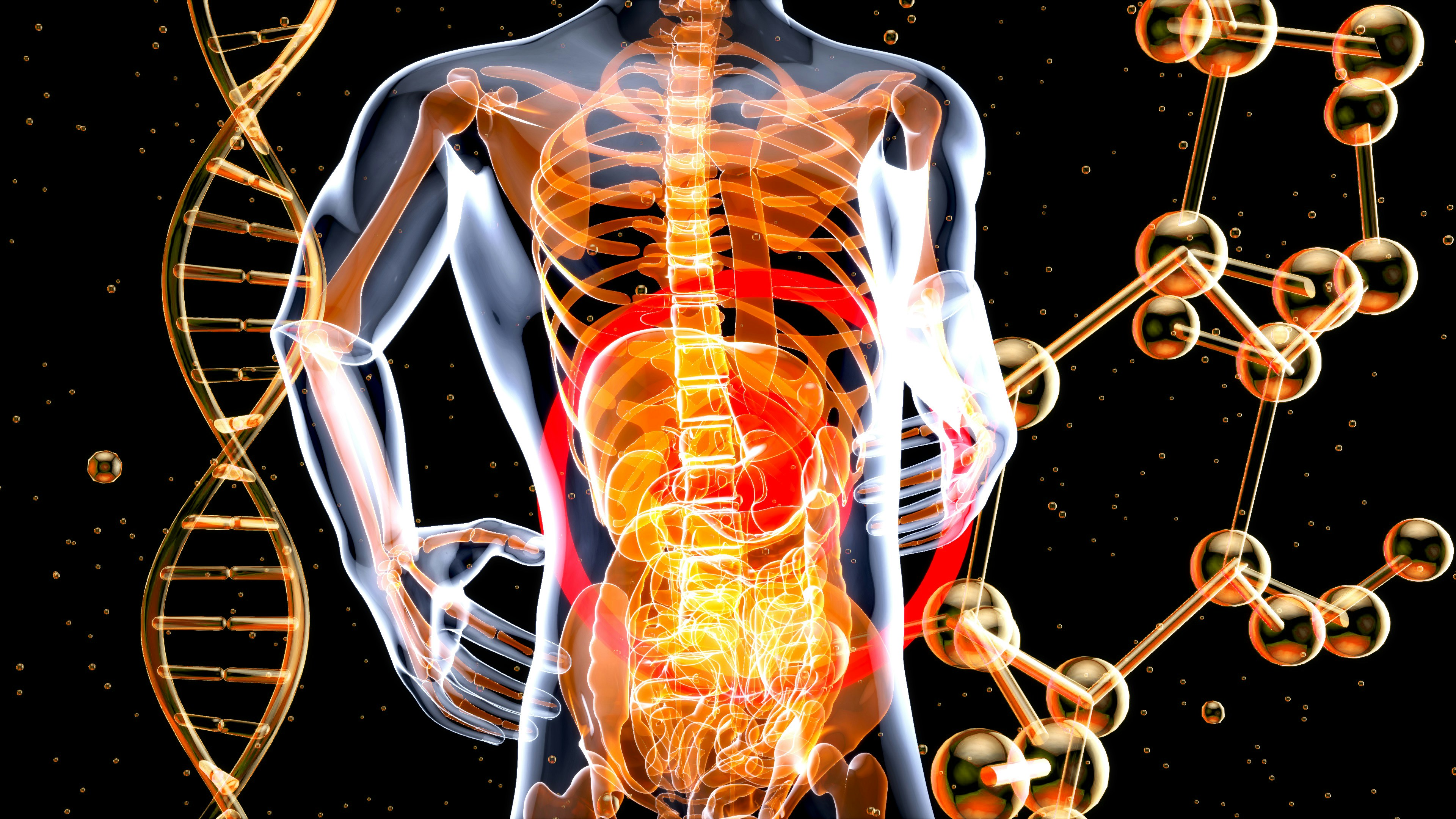Optimizing Menopausal Health: Evidence-Based Dietary Strategies for Symptom Management and Longevity
Menopause marks a pivotal transition in a woman’s life, characterized by hormonal shifts that influence physical, metabolic, and emotional well-being. While weight management is often a focus, research underscores that caloric needs decline by approximately 200-300 calories daily post-menopause due to reduced muscle mass, necessitating strategic dietary adjustments.
The Science Behind Menopause and Nutritional Needs
Hormonal Shifts and Their Impact on Metabolism
During menopause, estrogen levels drop significantly, leading to insulin resistance and increased fat storage, particularly around the abdomen. A 2022 study in The Lancet Diabetes & Endocrinology found that postmenopausal women are 30% more likely to develop type 2 diabetes due to these metabolic changes. Furthermore, muscle mass declines by 3-5% per decade after 30, reducing caloric needs and contributing to weight gain.
To counteract these effects, a diet rich in whole grains, lean proteins, and healthy fats is essential. Substituting refined carbs with low-glycemic alternatives like quinoa and barley can stabilize blood sugar levels, as demonstrated in a 2023 Diabetes Care study. For meal-planning tips, refer to our article on Building a Menopause-Friendly Plate.
Key Nutrients for Menopausal Symptom Relief
1. Calcium and Vitamin D: Building Blocks for Bone Health
The British Dietetic Association (BDA) recommends two to three daily servings of calcium-rich foods, such as dairy, leafy greens, and fortified tofu. Pairing calcium with 10mcg of vitamin D daily enhances absorption, particularly in populations with limited sun exposure. A 2021 JAMA study linked vitamin D supplementation to a 30% reduction in fracture risk among postmenopausal women. For more on bone health, explore Vitamin D and Bone Health: What You Need to Know.
2. Phytoestrogens: Natural Hormone Modulators
Phytoestrogens, found in soy and flaxseeds, mimic estrogen’s effects, alleviating symptoms like hot flashes. A Menopause Journal trial found that 50mg/day of soy isoflavones reduced hot flash frequency by 26% over 12 weeks. Fermented soy products like miso and tempeh are particularly effective. For a comprehensive guide on phytoestrogens, read Phytoestrogens: Natural Support for Menopause Symptoms.
3. Omega-3 Fatty Acids: Inflammation and Heart Health Allies
Omega-3s, abundant in fatty fish like salmon and mackerel, reduce inflammation and improve cardiovascular health. The American Heart Association recommends 2-4 weekly servings of oily fish, correlating with a 24% decrease in coronary artery disease risk. Plant-based sources like walnuts and chia seeds are excellent alternatives.
4. Fiber and B Vitamins: Metabolic and Emotional Support
Soluble fiber stabilizes blood glucose, while B vitamins (B6, B12) enhance serotonin production, combating menopausal depression. A Nutrients study highlighted that high-fiber diets reduced LDL cholesterol by 12% in postmenopausal women. Prioritize whole grains, legumes, and dark leafy greens.
Practical Strategies for Implementing a Menopause-Friendly Diet
1. Portion Control and Meal Timing
Small, frequent meals prevent energy crashes and stabilize blood sugar. The International Journal of Obesity reported that 5-6 mini-meals/day reduced waist circumference by 3cm in menopausal women.
2. Strength Training and Physical Activity
Resistance exercise preserves muscle mass and boosts metabolism. Aim for 2-3 weekly sessions, as endorsed by the American College of Sports Medicine.
3. Stress Reduction and Mindfulness
Chronic stress elevates cortisol, exacerbating abdominal fat storage. Integrate mindfulness practices outlined in Stress Management for Hormonal Balance.
Empowering Women Through Informed Nutritional Choices
Menopause is a natural transition, but its challenges can be mitigated through evidence-based dietary strategies. By prioritizing calcium, phytoestrogens, and omega-3s, women can alleviate symptoms and reduce long-term health risks. Collaborative care, including consultations with dietitians and endocrinologists, ensures personalized strategies.
Conclusion
Take the First Step Toward Optimal Health
Ready to transform your menopausal journey? Schedule a consultation with our experts at Cascade Vitality Center to create a personalized nutrition and lifestyle plan. Click here to book your appointment and explore our comprehensive guide on Menopause and Metabolic Health.
References
The Lancet Diabetes & Endocrinology, 2022 – Hormonal Changes and Metabolic Risks in Postmenopausal Women.
JAMA, 2021 – Vitamin D Supplementation and Fracture Risk Reduction in Menopausal Women.
Menopause Journal, 2020 – The Efficacy of Soy Isoflavones in Reducing Vasomotor Symptoms.
American Heart Association, 2023 – Omega-3 Fatty Acids and Cardiovascular Health in Menopausal Women.
Diabetes Care, 2023 – Low-Glycemic Diets and Blood Sugar Management in Menopause.
Nutrients, 2022 – High-Fiber Diets and Cholesterol Reduction in Postmenopausal Cohorts.
International Journal of Obesity, 2021 – Meal Frequency and Waist Circumference Reduction in Menopausal Women.
Articles
Discover our other articles
Explore our articles to know the best behavior about alimentation and well-being.





















